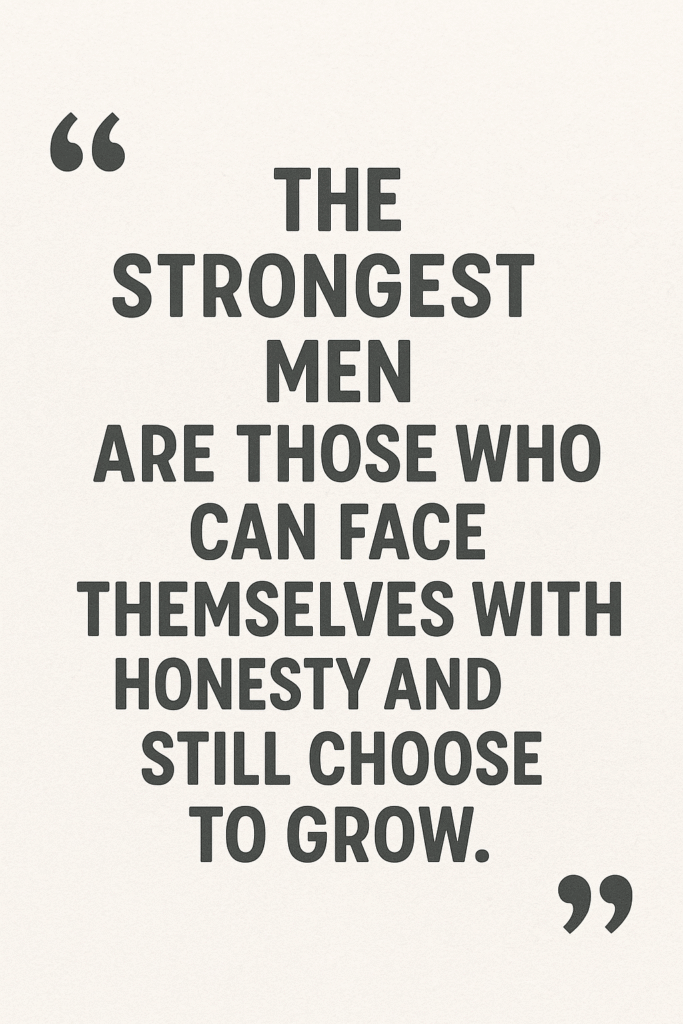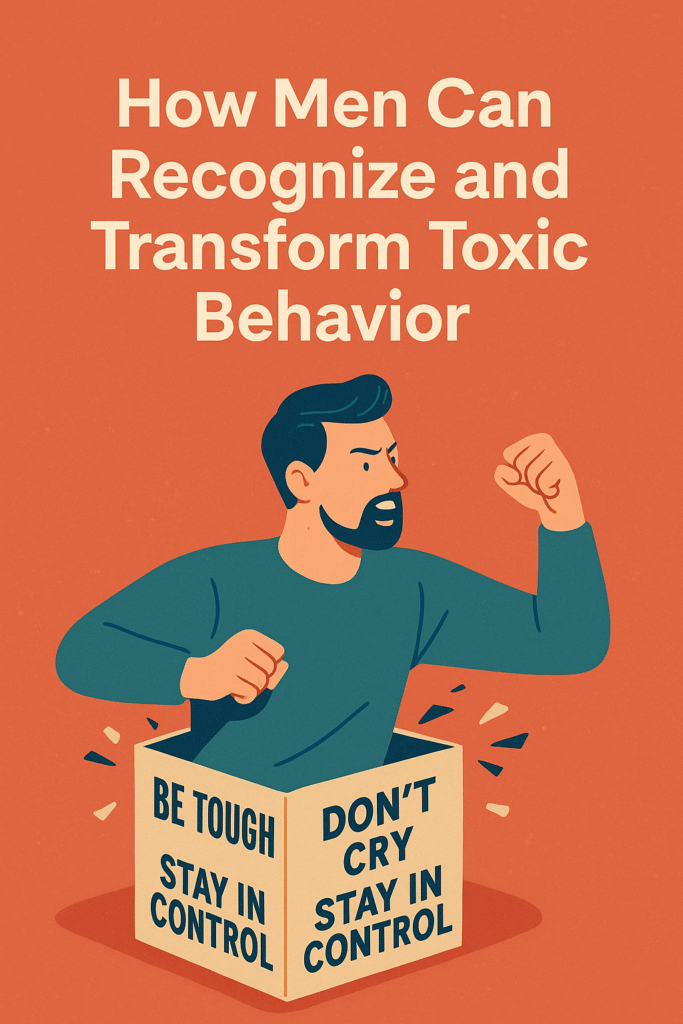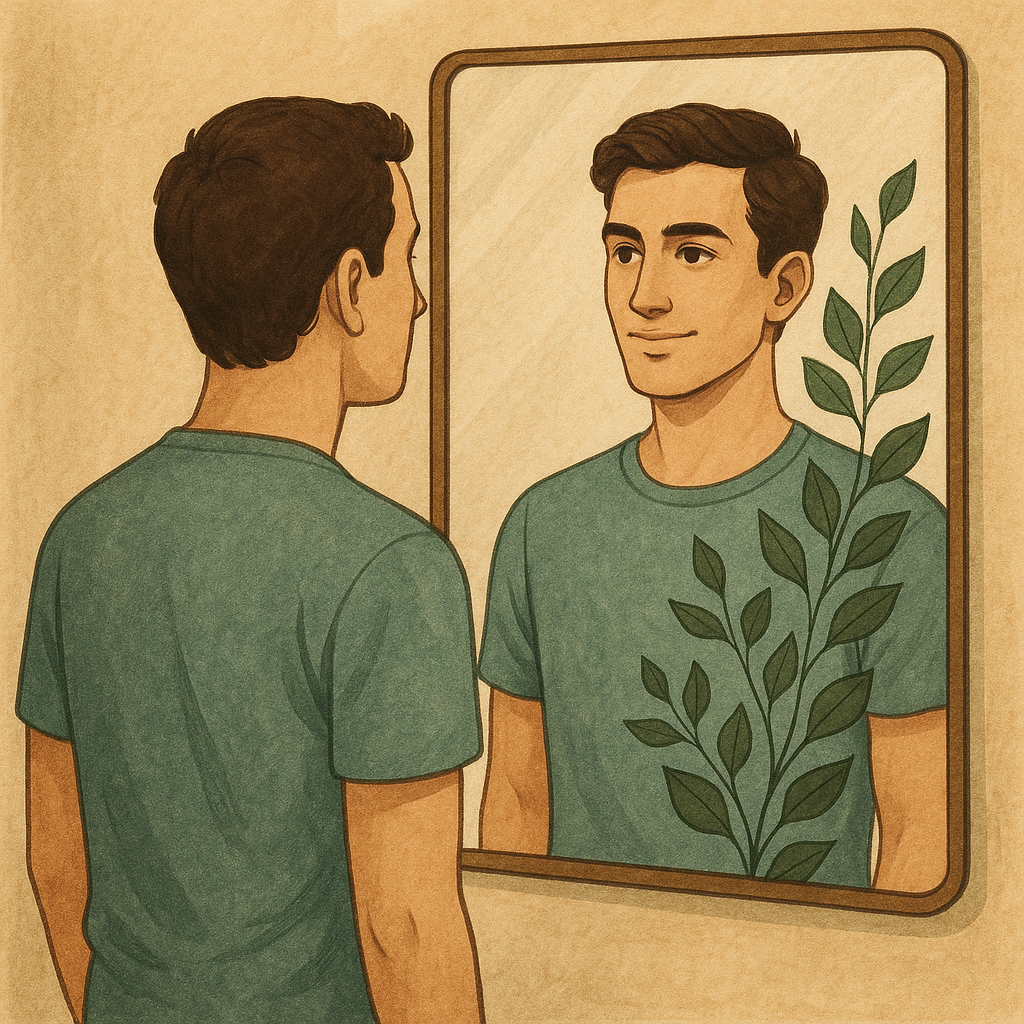
Introduction
In today’s rapidly evolving social landscape, conversations around toxic behavior are no longer confined to academic psychology or therapy sessions—they’re a cultural necessity. The term “toxic masculinity” has gained traction, often misunderstood and misused, yet it underlines a critical point: some traditionally encouraged male behaviors can be deeply harmful to both men and those around them. This article delves into how men can identify these traits within themselves, why these patterns form, and how they can transform into emotionally intelligent, accountable, and respectful individuals.
Understanding Toxic Behavior: What It Really Means
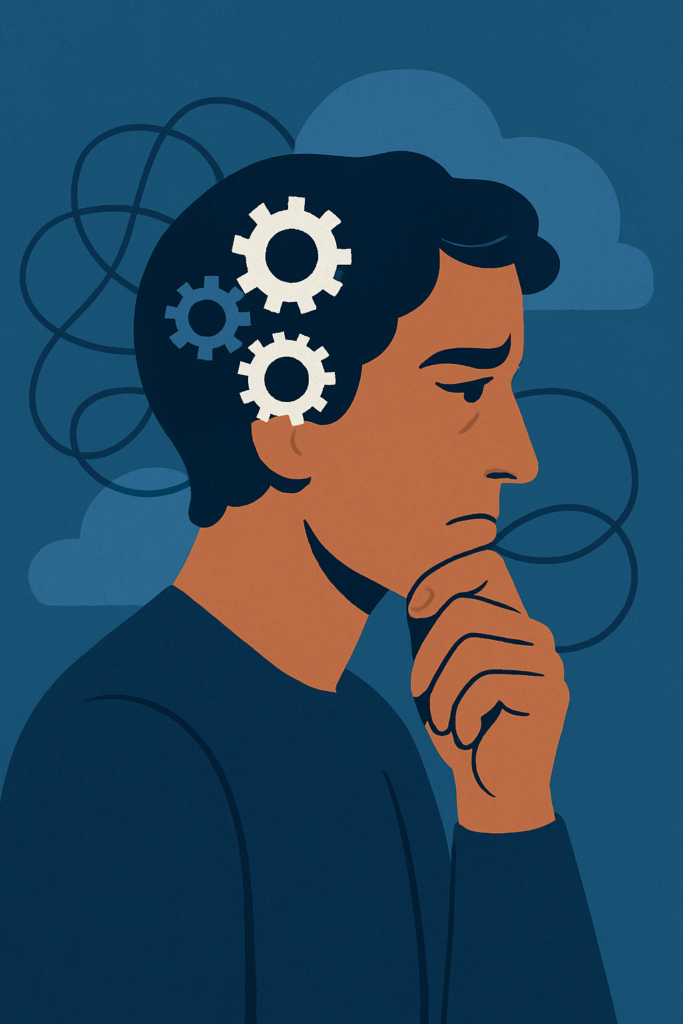
Toxic behavior refers to a pattern of actions or attitudes that harm others emotionally, psychologically, or physically. It often manifests through control, manipulation, aggression, or apathy. While both men and women can exhibit toxic behavior, this article focuses on how cultural norms and upbringing can condition men to adopt these behaviors as a default mechanism for asserting dominance, avoiding vulnerability, or protecting self-worth.
Some common forms of toxic male behavior include:
- Controlling or manipulative tendencies
- Emotional unavailability or avoidance
- Passive-aggressive communication
- Constant need for validation or dominance
- Jealousy disguised as love
Recognizing these traits is the first step toward dismantling them.
The Root Causes: Why Toxic Behavior Develops in Men
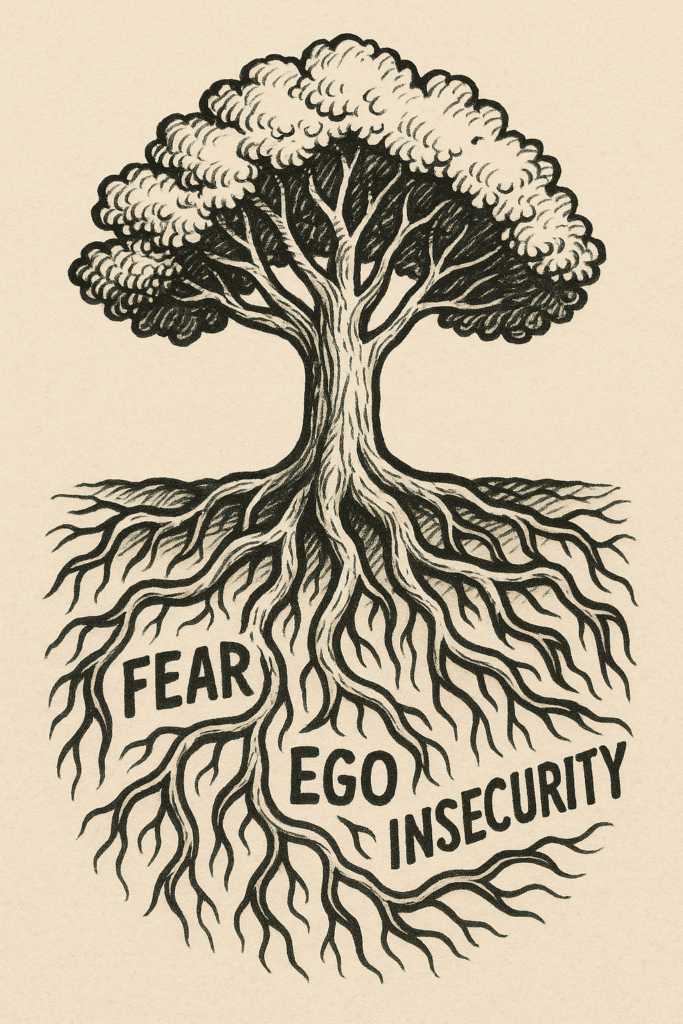
Toxic behaviors rarely appear out of nowhere. Instead, they often stem from:
- Cultural Conditioning: Societal messages that equate masculinity with strength, stoicism, and control.
- Family Dynamics: Growing up in environments where emotional expression was punished or ignored.
- Past Trauma: Experiences of bullying, abandonment, or emotional neglect.
- Peer Influence: Male peer groups that reward aggression, conquest, and emotional detachment.
Understanding the source is crucial because change doesn’t occur through guilt—it occurs through awareness and choice.
Recognizing the Red Flags in Yourself
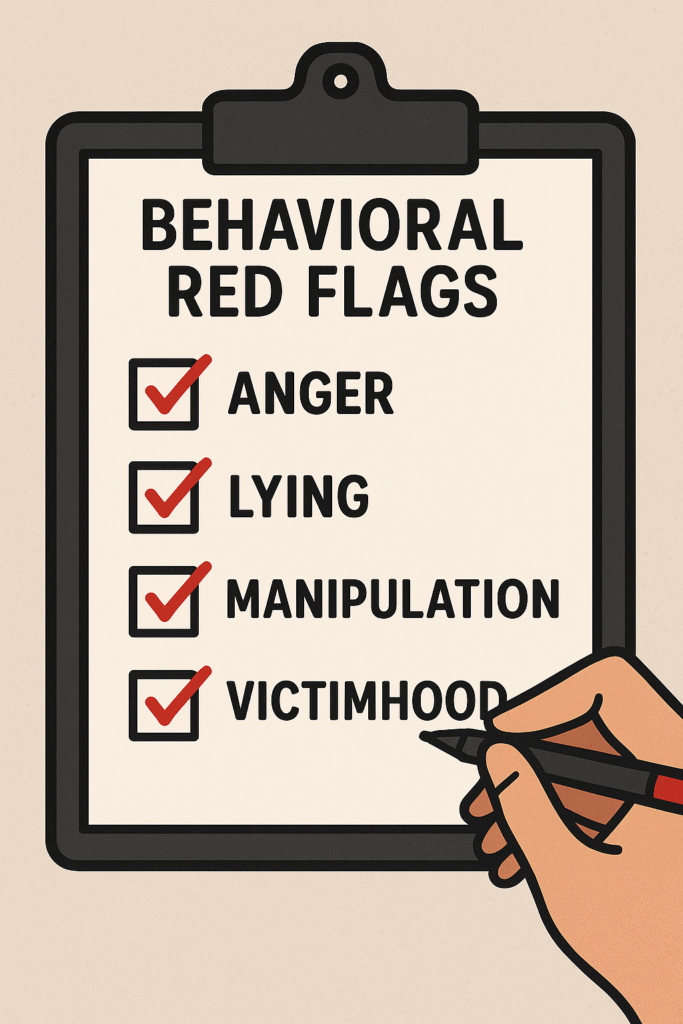
It takes courage and honesty to admit when your behavior might be harming others. Here are a few red flags to watch out for:
- Do you shut down or lash out during conflict?
- Do you struggle to apologize or admit fault?
- Are your relationships filled with drama or cycles of emotional highs and lows?
- Do you manipulate others to get your way—subtly or overtly?
- Do you expect emotional labor from others but avoid offering it in return?
If any of these sound familiar, it’s not a sign that you’re broken. It’s a sign that you’re ready to grow.
Emotional Intelligence: The Antidote to Toxic Behavior
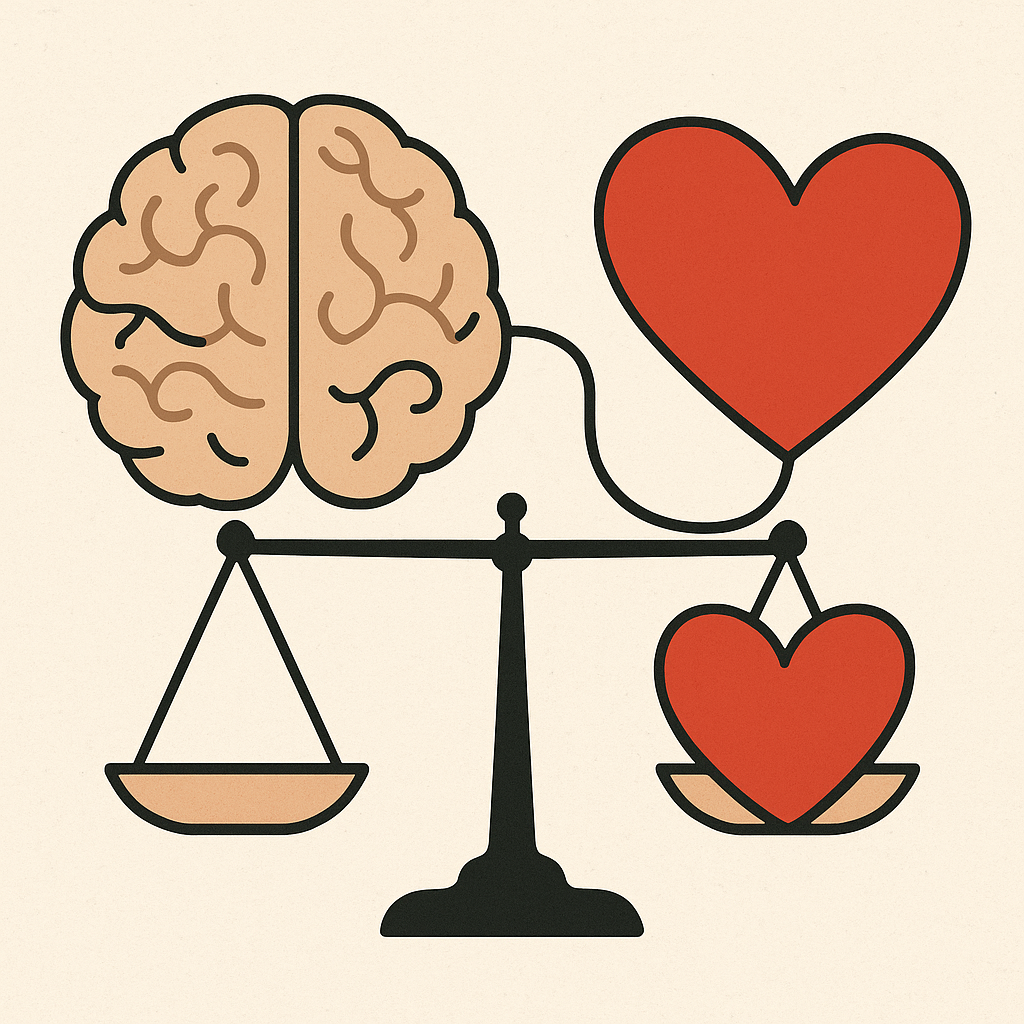
Emotional Intelligence (EQ) refers to your ability to understand, manage, and express your emotions constructively. It includes:
- Self-awareness: Recognizing your emotional patterns and triggers.
- Self-regulation: Managing impulses and responding thoughtfully.
- Empathy: Understanding others’ feelings without minimizing them.
- Social skills: Communicating openly, listening actively, and resolving conflicts respectfully.
Practicing EQ transforms toxic patterns by replacing them with healthy behaviors rooted in respect and authenticity.
Practical Strategies for Transformation
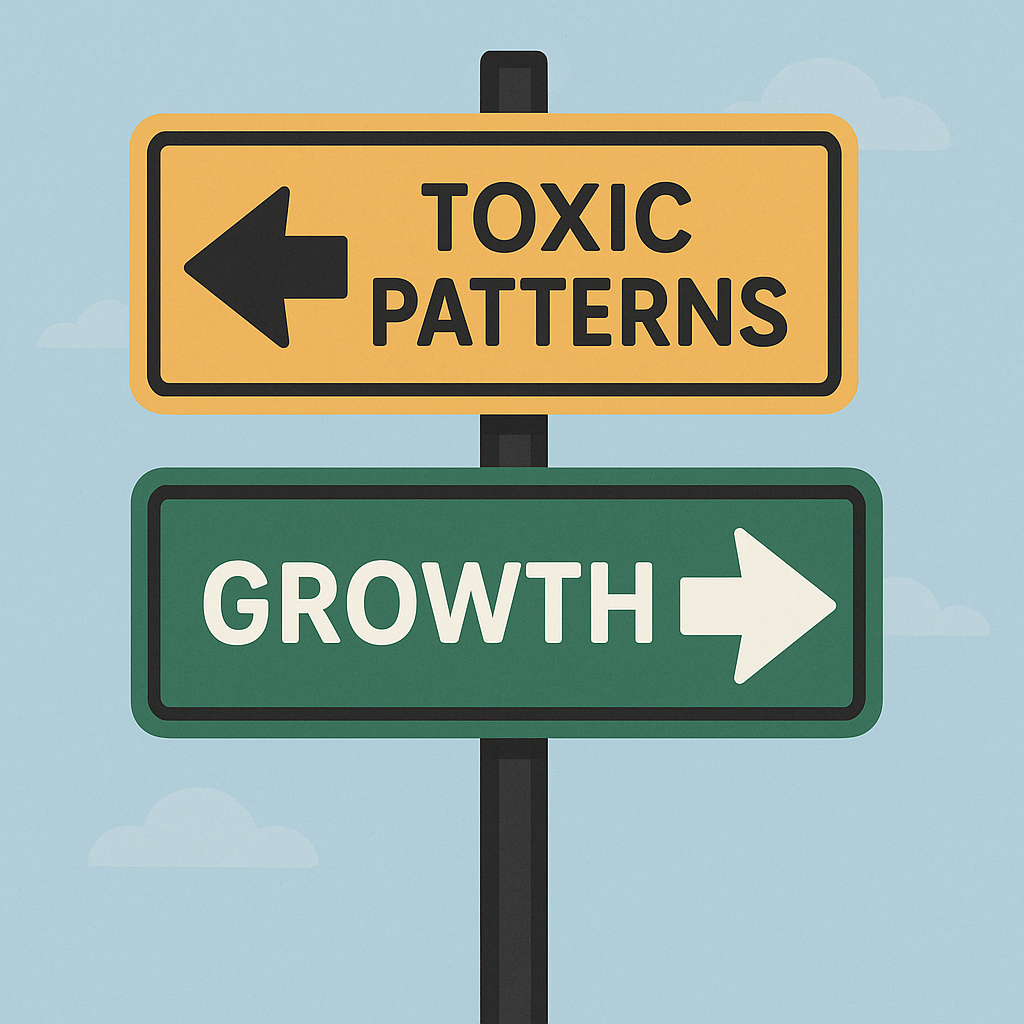
1. Admit There’s a Problem
Self-deception is the biggest barrier to change. Be brutally honest with yourself. Journaling, therapy, or even asking trusted friends for feedback can illuminate blind spots.
2. Educate Yourself
Read books, listen to podcasts, and follow educators who speak on masculinity, emotional intelligence, and relationships.
3. Learn to Sit with Discomfort
Growth hurts. You might feel guilt, shame, or resistance. That’s normal. Sitting with those emotions, instead of deflecting or suppressing them, is key.
4. Practice Mindful Communication
Avoid defensiveness. Use “I feel” statements. Validate others’ perspectives. Seek to understand, not to win.
5. Embrace Vulnerability
Vulnerability isn’t weakness. It’s strength. Share your fears. Admit when you’re unsure. Be willing to be seen as human.
6. Seek Professional Help
Therapy isn’t just for crises. It’s a safe space to unravel patterns and build healthier responses.
7. Build a Supportive Network
Surround yourself with emotionally mature men who hold each other accountable—not those who reinforce harmful behaviors.
Letting Go of the “Man Box”
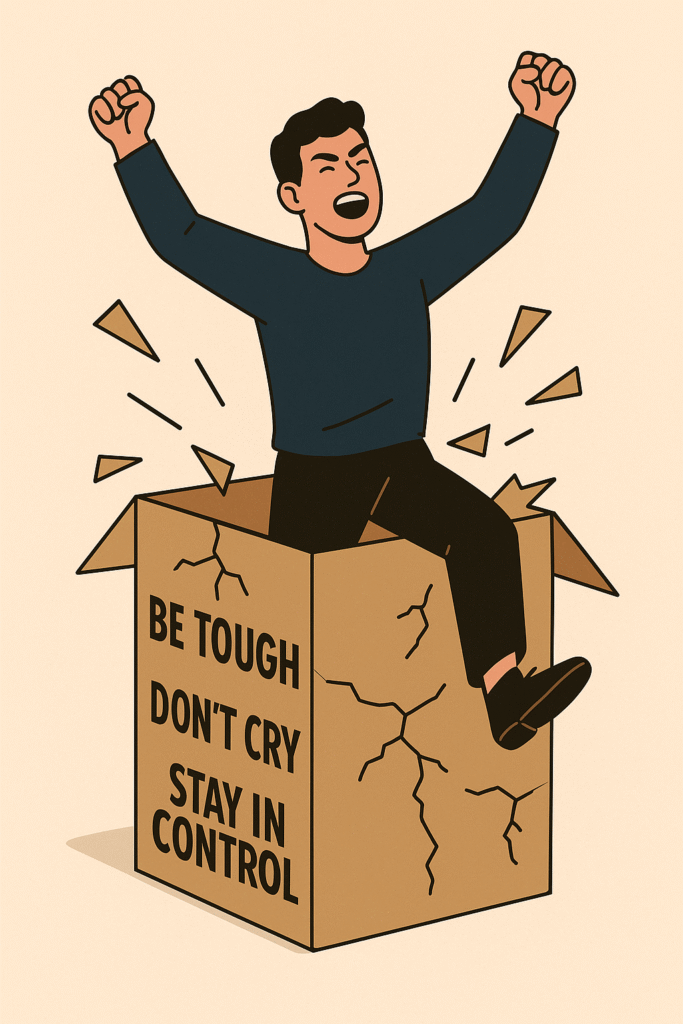
The “Man Box” is a term coined to describe rigid expectations of what it means to be a man—tough, dominant, emotionally closed off. Rejecting these confines doesn’t make you less of a man; it makes you more human.
Living outside the Man Box means:
- Allowing yourself to cry without shame
- Offering support without needing recognition
- Accepting love and expressing it openly
From Toxic to Transformative: Real Stories of Change
- James, 35 – Once known for being emotionally unavailable, James learned through therapy that his detachment came from childhood neglect. Today, he journals daily and checks in emotionally with his partner.
- Ali, 28 – Used to control conversations with anger. After joining a men’s accountability group, he started pausing before reacting and now engages in conflict resolution without shouting.
- Marco, 41 – Grew up believing vulnerability was weakness. After divorce and reflection, he now mentors young men in emotional resilience workshops.
Why This Matters—for Everyone
Transforming toxic behavior isn’t just a personal win—it has a ripple effect. Men who heal themselves contribute to safer families, healthier relationships, and more emotionally intelligent workplaces.
Children grow up seeing new templates of manhood. Partners feel safe, heard, and cherished. And society begins to reframe masculinity not as power over others, but as power within the self.
Final Thoughts: You Can Change
You are not your worst day. You are not your worst behavior. You are a work in progress. And like any real progress, transformation begins with the decision to try.
There is no shame in admitting you need to grow. The shame is in staying stuck when you have the tools to change.
Be the man who listens. The man who learns. The man who loves without conditions.
Because being that kind of man—that kind of human—isn’t just powerful. It’s revolutionary.
